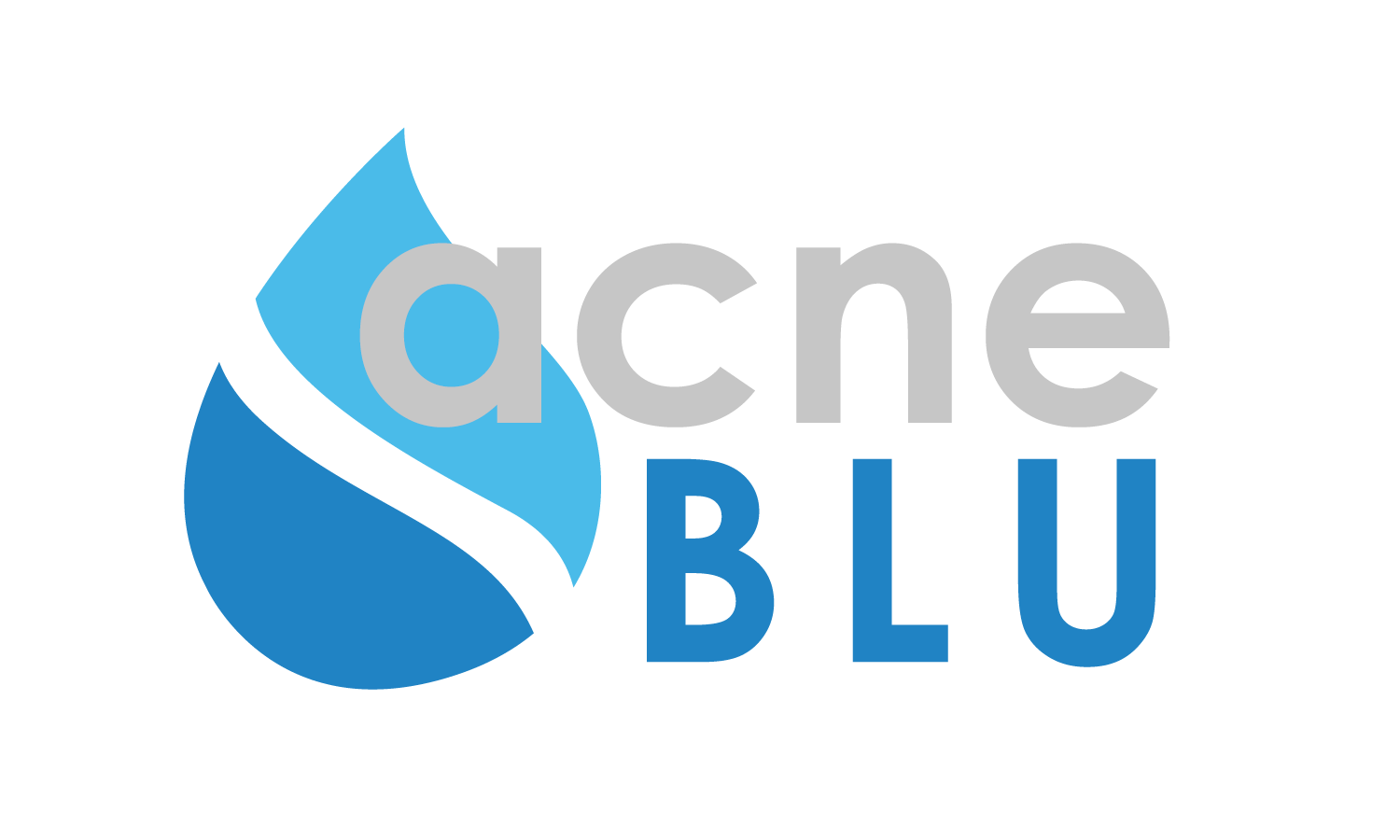Boat Accident Compensation
While injuries from boat accidents can be very severe the compensation claim can help victims handle their financial losses. These losses include medical expenses as well as lost income and a future loss of earning capability.
Injury victims in boat accidents must take detailed notes of the incident and collect information as soon as they can. This will help a New York boat accident lawyer determine the responsible parties and how much compensation is due.
Liability
Many people who are injured as a result of a boating accident are seeking to hold the responsible parties accountable. The most common way to accomplish this is by filing an injury lawsuit against the responsible party. A competent attorney can identify who should be held liable for the injuries and accident.
It is possible for individuals and large corporations to be responsible in a boat accident depending on the circumstances. A lot of boat accidents are caused by negligence of the owner or operator. In certain situations, a maker or company could be held accountable for defective equipment that causes an accident. In certain cases it is possible for a government agency to be held responsible.
The first step to determine the liability is to know the circumstances that led to a boat accident. Was it a result of inadequate maintenance on a vessel? Was the weather bad at the time? Did the person who was in charge of the vessel impaired? The injuries resulting from a boating accident could include neck and back injuries as well as brain injuries, fractured bones, burns and even paralysis.
An experienced boat accident lawyer can assist injured victims in recovering damages for past and future medical expenses, lost wages, suffering and other losses. The money won’t replace the loss of a loved one however, it can help victims and their families deal with the financial burdens that come along with serious injuries.
Damages
The injured captains, crew members, and passengers in a boat accident may be entitled to compensation for expenses caused by their injuries. This could include past and future medical bills or property damage, loss of wages and suffering and pain.
To pursue damages you must first prove negligence. In boat accidents, negligence can be defined as the breach of a legal duty such as failing to warn boat passengers of danger zones or reckless or negligent driving. The second aspect of a lawsuit is causality. The negligence of the negligent party directly caused the injury. The third element is the actual harm sustained by the victim. It could be non-financial or financial such as a loss of enjoyment of life.
Injuries from boating accidents can range from minor bumps and bruises to spinal cord injuries, traumatic brain injury and even death. This is why it is important for victims to seek medical attention immediately. They should also save all the information they can about the incident by taking pictures using their phones and keeping a record of details, and contacting witnesses.
An attorney can determine who is at fault for a boating accident and how much compensation the victim deserves. This requires a thorough investigation which includes gathering and analyzing the evidence, such as accident reports, medical records and evidence of current and future medical bills, employment records and estimations of lost income.
Waivers
A boating accident victim can get compensation for the damages like medical expenses, future and past loss of income and property damage, as well as injuries and loss of consortium. These damages can be quantified using the Florida statutes of limitations. These time limits are established to determine the length of time the person must submit a claim for personal injury.
The waiver of liability is often required before participating in recreational activities. The intention behind these contracts is to exempt the service provider from liability in case of an accident. Based on the circumstances, a waiver might be legally binding and valid.
However, if the waiver is created with the intent to protect a business or company instead of its patrons, it could be considered unenforceable. In general, courts are reluctant to let businesses redraw the boundaries of their duty of care in this way. This is especially true if the negligence is a result of gross misconduct that is not covered by an all-encompassing waiver.
A boating accident could happen for any number of reasons that include operator inattention or lack of experience speeding, alcohol use or machinery malfunction and the force of a wake or wave and dangerous waters. If you’ve been injured in an accident on the water, you should contact an St. Petersburg boat accident lawyer from Salter, Healy, Rivera & Heptner to review the details of your case and determine much your claim might be worth.
Insurance
There are a variety of insurance that can help victims of boat accidents who are injured in regaining their losses. Motor vehicle insurance typically does not cover boating accidents. However homeowners policies could provide protection for watercrafts or boats. Boat owners may purchase additional coverage for xn--3v4bs6cuvb0yd.com their policies, including personal effects (which will cover legal costs for classicalmusicmp3freedownload.com replacing belongings damaged on or off the boat or in dockboxes), and medical payments. Certain policies include assistance with towing and towing, while other policies offer additional options, such as hurricane haul-out insurance to reimburse the boat owner for moving it out of the way of the storm.
A boating incident caused by negligence could be the basis for a claim for financial compensation. An attorney can determine who is responsible and bring a lawsuit against them to seek damages.
If you are injured in a boating accident, contact an experienced attorney right away. A New York injury attorney can review your policy and identify the various options for recovering. They will also make sure you receive the compensation you’re entitled to. A knowledgeable attorney can also help you avoid being confused about your coverage by others or insurance companies.
